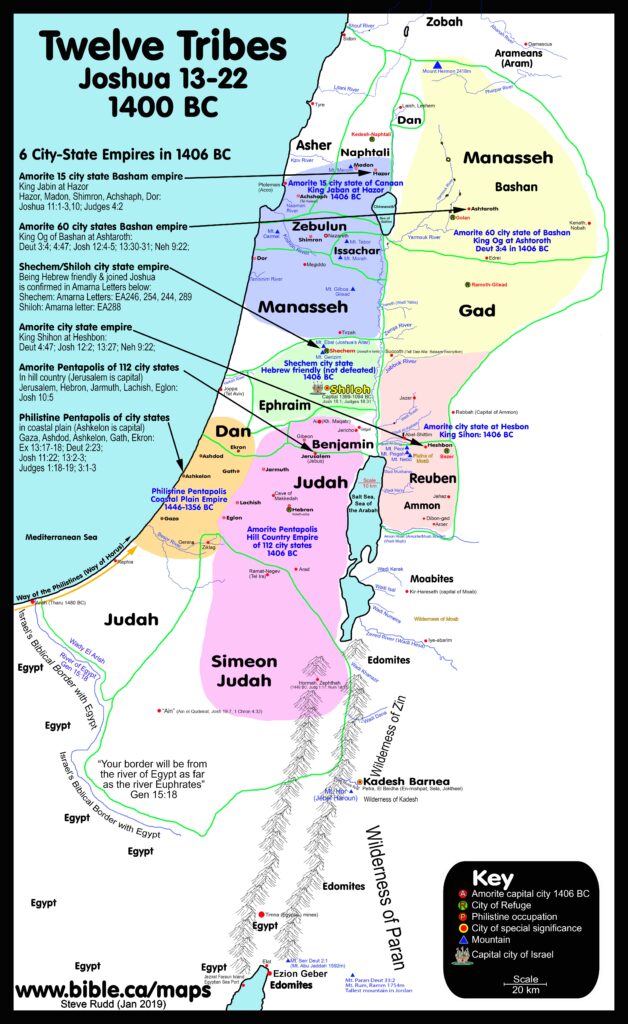
“I know the plans I have for you, declares the Lord, plans to prosper you and not to harm you, plans to give you a hope and a future.” Jer 29:11 NIV
This is one of the most loved and frequently quoted verses of the Old Testament. And well it should be! It contains one of the greatest messages of all times–a message which is worth shouting from the rooftops. It’s a message the world desperately needs to hear in our day. And the Church is like the only legitimate, exclusive, and authorized dealer of this priceless commodity. I’m speaking of hope.
A little context will serve to magnify the beauty and force of Jeremiah’s words. Israel was facing a holocaust-like moment, one for which its very survival was hanging in the balance. Whole towns had been emptied of their citizens–bereft, pillaged, and set ablaze by marauding, Babylonian hordes. Overnight, countless thousands in Judah lost everything—homes, lands, livelihoods, security, freedom. Exiled on the banks of the river in Babylon, the psalmist poignantly penned these unforgettable verses that unmasked their despair:
“There we sat down, yea, we wept
When we remembered Zion.
We hung our harps
Upon the willows in the midst of it.
For there those who carried us away
Captive asked of us a song
And those who plundered
Us requested mirth,
Saying, ‘Sing us one of the songs of Zion!’” Ps 137:1-3
Languished and perplexed, the captives huddled hand-to-mouth under the moping willows until one day a letter arrived from Jeremiah, the man of God. Perhaps expecting it contained more gloom or brimstone decrees, a swell of exhilaration must have swept through the camp as despondency gave way to anticipation. The Word of the Lord exhorts us to build houses, plant gardens, to marry and have sons and daughters. God has not forgotten us! Here in this foreign land, yes, even here, the Prophet says God is executing an extraordinary plan to restore and redeem, even to prosper us! He’s been holding us in His heart the whole time! Break out the tambourines!
Since the pandemic, counselling services around the world have been inundated with a landslide of new clients. Divorce and suicide rates have peaked to all-time highs. Mental illness has crept out of the shadows in our world, unexpectedly taking the podium at the Tokyo Olympics, but also manifesting among our colleagues and neighbors. Lockdowns may have dammed COVID’s onslaught only to open the floodgates to a dozen other scourges.
Without a doubt world is shaking, reeling to and fro like a drunkard (Is 24:19-20). But we, the Bride of Christ, hold the key to prosperity and peace. Our feet are planted on the Rock. Unlike those without Christ, our circumstances do not define us. The proliferation of confusion and uncertainty will never take us captive. God’s Letter has come to us instructing us to lift up our heads, our hearts, our hands. Build! Plant! Multiply! God’s got plans for you—good plans, and lots of them!
We all go through times when we are tempted to hang our harps upon the willows. But at the end of the day, we have to know who we are. We’re the people of God! We are His chosen, His redeemed, His beloved! If someone tries to carry us away and mockingly ask us to sing one of the songs of Zion, we’ll just reach up, grab our instruments with a wink and say, “Great idea. Which one?!”

